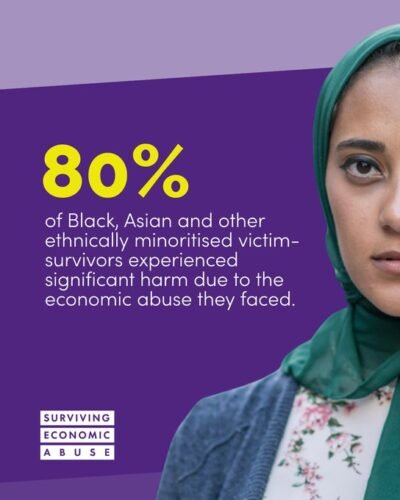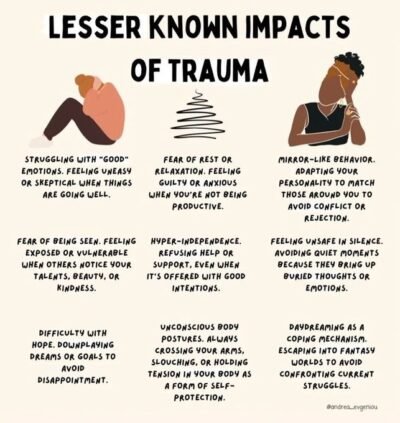“He had a hard childhood.” “She says she’ll always love him.” “You’re excusing this person, but not that person.” “You just have to let that hurt g
“He had a hard childhood.”
“She says she’ll always love him.”
“You’re excusing this person, but not that person.”
“You just have to let that hurt go.”
“We can’t all be perfect”
“Forgive”
“Stop hating/judging”
“He’s so talented—even though I thought he was better.”
These familiar refrains—spun out to soften abuse—are not harmless. They are the scripts we feed our girls, our young women, and yes, our young men. From living rooms to faith spaces, chat rooms, forums, and social media feeds: each excuse, each defense, each shrug is a lesson.
When high-profile men are afforded a free pass, we teach girls that being hurt by a powerful man is normal… even admirable. We teach young women that their own pain pales beside his brilliance, his charm, his brand. Meanwhile, society watches with a shrug, and the message is clear: “Violence from the privileged is forgivable, and if the women around him still smile, then it can’t be that bad.”
Here’s the truth: this is not inevitable.
We bear some of the responsibility.
- We’re too silent when these men are intentionally defended publicly, and by high-powered women whose careers could be jeopardized.
- We continue buying their products, watching their shows, sharing their content— profiting them further.
- Teachers, community leaders, influencers— so many are complicit through inaction or defense.
- That sends a signal to children: violence can thrive where approval abounds.
And the cost is real.
Young women are disproportionately losing their lives to domestic and intimate partner violence. In the U.S., nearly 3 in 5 female murder victims are killed by intimate partners. Around the world, 137 women are killed by family members every day†. This is not abstract—these are real girls.
Young men, too, are watching and learning. Who’s teaching them about true respect for women? If they see our society applauding abuse—funding abusers, dismissing harm—why are we shocked when they repeat it?
We can’t keep mourning without also looking in the mirror.
We can’t recite heartbreak without naming our part in it.
We must stop excusing abusers and start refusing their applause.
What We Can Do:
- Reject the narratives that humanize the perpetrator yet silence the survivor.

- Speak truth in spaces of invisibility. Break the code that says “this is how things are.”
- Support survivors—materially, emotionally, publicly. Show up for them when it’s hardest.
- Teach the next generation differently. Let our young men grow up not seeing power as something that excuses harm, but as something that demands accountability.
- Stop funding and idolizing violent men. Whether through our attention, our money, or our status.
We cannot let emotional mourning be a substitute for moral action. We must dismantle the systems that elevate abusers and silence survivors. Because every excuse we grant, every endorsement we give them—every time we choose them over our safety—it all makes violence more likely to be repeated.
We owe them—our girls, our young women, our boys—a world where respect isn’t optional, where survival isn’t the price of connection, and where accountability is non-negotiable. That world begins with us.
† Statistics sourced from the World Health Organization (137 women killed daily by family members worldwide) and the CDC’s National Intimate Partner and Sexual Violence Survey (U.S. domestic femicide rates).
